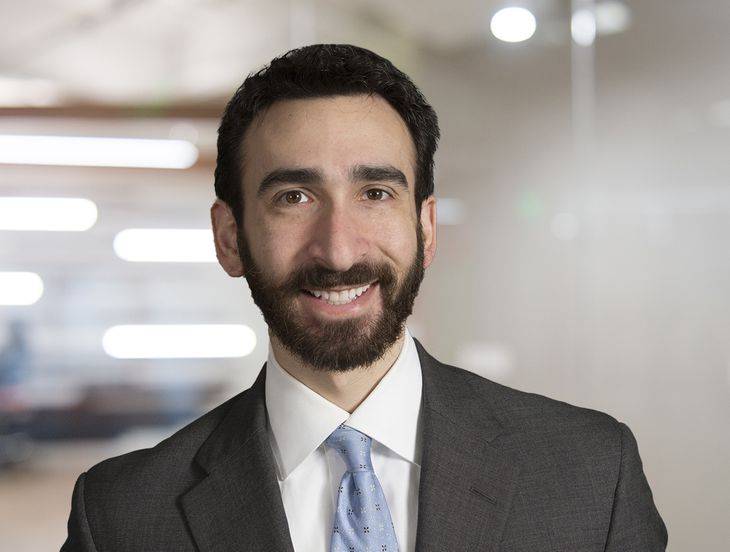Chicago Enacts COVID-19 Anti-Retaliation Measures
Insights
6.18.20
The City of Chicago has gone a step further than most other jurisdictions to protect employees who have encountered some of the devastating aspects of COVID-19. Adopting portions of the Chicago Minimum Wage and Paid Sick Leave Ordinance, the City just enacted new requirements prohibiting retaliation against a significant number of employees. The new ordinance – signed into law on May 20, 2020 and implementing new provisions effective immediately – requires employers to be cognizant of new developments related to COVID-19 and vigilant about their employment practices. The ramifications employers may face when found in violation of the new provision are significant and should give you pause before taking any adverse employment action. What do Illinois employers need to know about this new development?
Ban On Retaliation For Specified COVID-19-Reasons
The crux of the new law is the City’s ban on retaliation against certain employees for enumerated reasons related to COVID-19. The ordinance prohibits employers from demoting or terminating a “Covered Employee” who obeys an order issued by the Mayor of the City of Chicago, the Governor of Illinois, or the Chicago Department of Public Health (or, in the case of subsections (2), (3), and (4) below, a treating healthcare provider) requiring the Covered Employee to:
- Stay at home to minimize the transmission of COVID-19;
- Remain at home while experiencing COVID-19 symptoms or sick with COVID-19;
- Obey a quarantine order issued to the Covered Employee;
- Obey an isolation order issued to the Covered Employee; or
- Obey an order issued by the Commissioner of Health regarding the duties of hospitals and other congregate facilities.
Further, an “Employer” may not demote or terminate a “Covered Employee” for caring for an individual who is subject to subsections (1), (2), or (3) above.
As to the meanings of the terms “Covered Employee” and “Employer” (among other terms), the new law adopts the relevant definitions from the Chicago Minimum Wage and Paid Sick Leave Ordinance. Accordingly, a “Covered Employee” generally means (subject to statutory exclusions) an employee who, in any particular two-week period, performs at least two hours of work for an Employer while physically present within the geographic boundaries of the City.
Moreover, the applicable statutory exclusions from the definition of a “Covered Employee” will be narrowed effective July 1, 2020, at which time outside salespersons and some students (among other types of workers) will also be “Covered Employees” under the law.
Meanwhile, the law defines an “Employer” as an individual, partnership, association, corporation, limited liability company, business trust, or any person or group of persons that gainfully employs at least one Covered Employee in the City. As is evident from these definitions (and the forthcoming expansion of what constitutes a “Covered Employee”), the new law casts a wide net in terms of which employees and employers are subject to the law’s provisions.
The Breadth Of Coverage Extends To Enforcement
Employers need to be mindful of the fact that the ordinance’s aforementioned breadth continues to its enforcement mechanisms and penalties. The law permits the City Commissioner of Business Affairs and Consumer Protection to institute an administrative or court action against employers for noncompliance with the law. Covered Employees also have a private cause of action and may bring such a claim in court. Therefore, if the Commissioner chooses not to prosecute an alleged violation of the ordinance, a Covered Employee may nevertheless do so on their own.
Regardless of whether a claim is set forth by the Commissioner or directly by a Covered Employee, the potential damages are steep. In the event of a violation, a prevailing Covered Employee is entitled to (1) reinstatement to the same or equivalent position, (2) monetary damages equal to three times the full amount of wages that would have been owed had the retaliatory action not occurred, (3) actual damages, and (4) costs and attorneys’ fees. While the ordinance provides for an affirmative defense if an Employer relied upon a reasonable interpretation of the law and corrects a violation within 30 days of learning of a potential error, the extent of possible damages requires you to be aware of your obligations under the law.
What Should You Do?
Employers with operations in Chicago should take immediate steps to ensure compliance with the new law. To do so, you should (at a minimum) keep abreast of COVID-19-related orders from the Mayor of the City of Chicago, the Governor of Illinois, the Chicago Department of Public Health, and applicable treating healthcare providers (whether the healthcare provider is providing treatment to a Covered Employee or an individual for whom the Covered Employee providing care).
Further, should you determine that the termination or demotion of a worker who falls within the definition of “Covered Employee” becomes necessary, you should have a legitimate reason for doing so (as well as substantial evidence to support that reason). The available affirmative defense in the ordinance may provide you with some relief, but prevention can be a far better cure given the amount of potential damages at stake.
We will continue to monitor any further developments and provide updates on this and other labor and employment issues affecting Illinois employers, so make sure you are subscribed to Fisher Phillips’ alert system to gather the most up-to-date information. If you have questions, please contact your Fisher Phillips attorney or any attorney in our Chicago office. You can also review our FP BEYOND THE CURVE: Post-Pandemic Back-To-Business FAQs For Employers and our FP Resource Center For Employers.
This Legal Alert provides an overview of a new City ordinance. It is not intended to be, and should not be construed as, legal advice for any particular fact situation.
Related People
-
- Jessica D. Causgrove
- Partner
-
- Franklin Z. Wolf
- Partner

